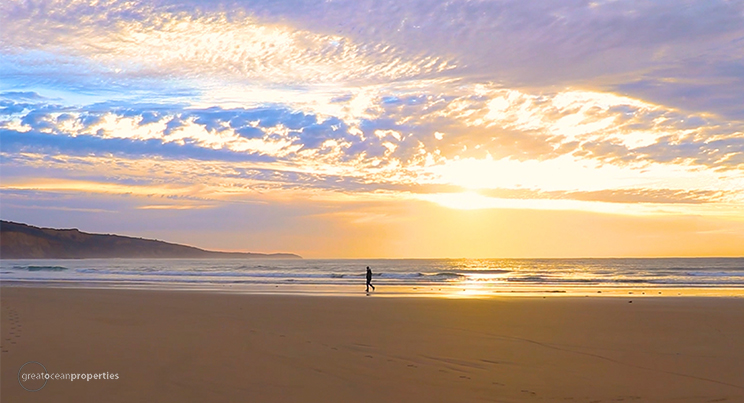Could
Could is the most disturbing and unsettling word in the English language right now.
This small speculative word is used as both a weapon of influence and as a substitute for “beware.”
It is used to control the population and to influence their actions by using our innate fear of the unknown. In unsettled times such as now, our ability to catastrophise can reach elite levels. We see this represented in both mainstream and social media regularly as people express their worst fears as a warning to others.
There could be xxx number of deaths, if people don’t do this or avoid this or go there. Unemployment could reach xx%. Our life as we know could never be the same, etc.
The power of this small word combined with our human imagination and our tendency to anchor on negative emotions can be a cause of much distress, anxiety and caution.
In the wrong hands, the weaponisation of this speculative word can be extremely effective in altering human behaviour. The fear of the unknown is our greatest fear and it has been ingrained since childhood, ever since the wolf tried to attack little Red Riding Hood.
Given that we can only view reality in the present or in hindsight, our emotions are often hard to contain. There are at least two ways to minimise our anxiety levels around what could happen. The first one is to say to yourself if you are ok for today, then you are genuinely ok.
The second is to allow a good measure of optimism that things will work out. Life may not be exactly the same but that it will work out ok. If we focus on the things that support this stance (a world class health system, a robust social welfare system, a stable government and relatively small population etc) rather than what could happen, you will find that it is not difficult to remain optimistic of at least a palatable outcome.
In the face of all the headlines of what “could” happen, many would derive comfort from an outcome that was, at a minimum, one that we can work with. We can then use all our considerable skill and efforts to improve it from there.

